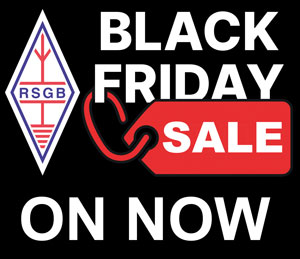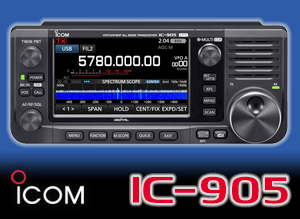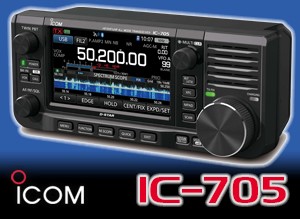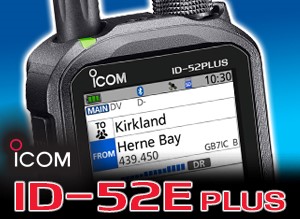8. Learning to do better next time
Make notes
An important part of contesting is learning from your experiences and mistakes so that you might improve your score next time. Consider starting a contest notebook to record information about activity, band conditions, solar flux and A/K figures, your scoring rates and claimed score, etc. Make notes as soon as possible after the contest has ended while things are still fresh in your mind.
You could later add the winner’s score from the published results. Noting your own checked score from the tables will give an indication of how accurate your log was.
Analyse what went wrong
Did you use the band(s) efficiently, or perhaps you missed some openings? Was your operating strategy correct i.e. did you spend too much time calling CQ and miss stations which you could have found by ‘search and pounce’. In contests where multipliers are used, it is not always the case that the winner makes the most contacts. Is the station layout comfortable and easy to use? Can you improve or change the antennas? Did your logging program perform as you expected?
Making improvements
Entering a contest seriously involves some forethought. Many entrants spend the first three to six months after the contest planning improvements for next year. Think about all aspects of the station, including yourself, not just the equipment and aerials. Does the receiver need to be replaced or realigned? Would a different (or additional) antenna be useful (consider wave angle as well as horizontal directivity)? Should you practice your CW? Would you do better in a different section? For long contests, do you need to think about modifying your sleep pattern in advance? Can you improve participation from your club? The RSGB Operating Manual has an excellent section on contesting techniques with lots of other hints.









